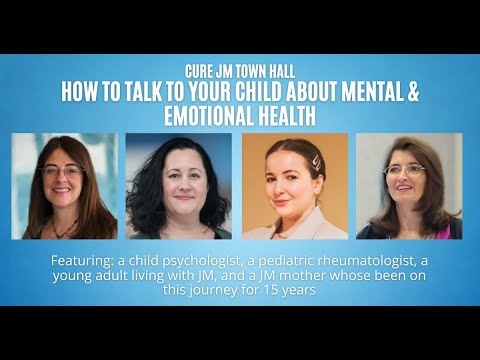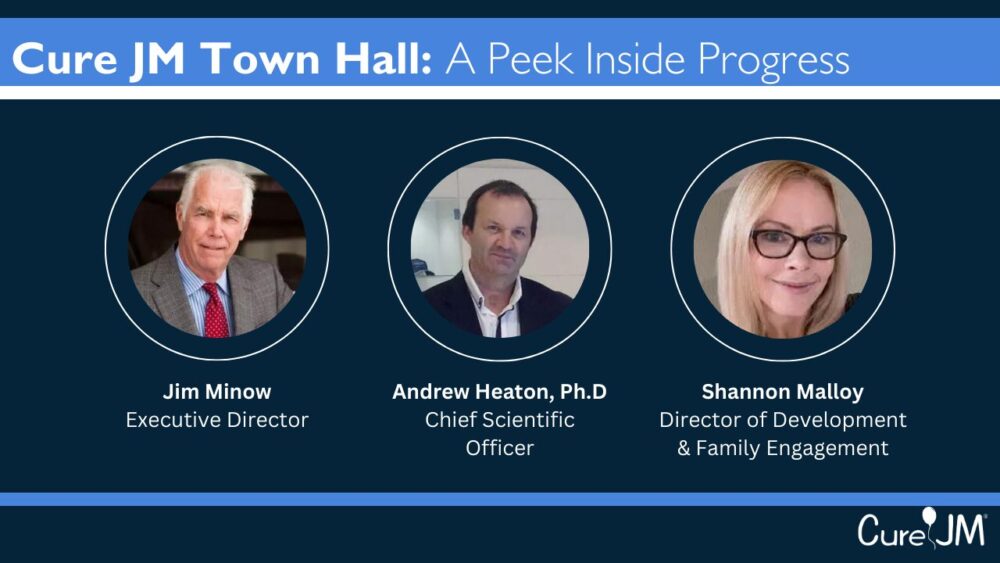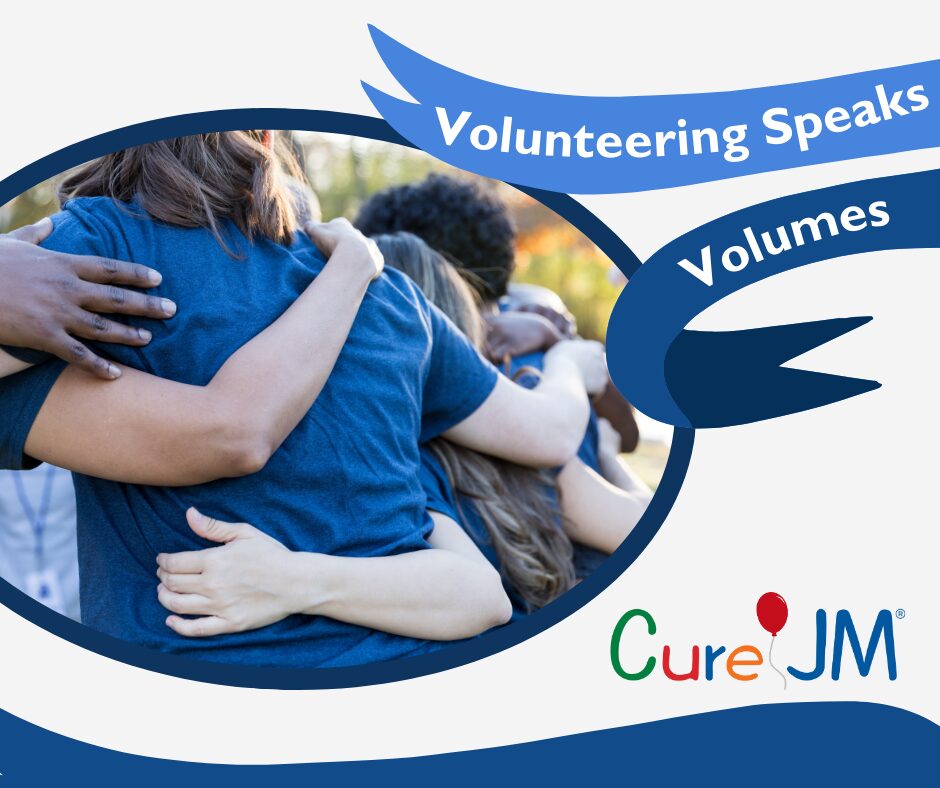We know that living with juvenile dermatomyositis affects the physical as well as emotional health of our children. Sometimes it is hard to distinguish “normal” behavior and feelings from more difficult ones of depression and anxiety.
This presentation aims to increase understanding and awareness of emotional health and parents’ important role in supporting and encouraging a child’s mental health habits.
Presenters address the rationale and benefits of promoting emotional health in children, impart knowledge of emotional development milestones throughout childhood, and provide practical skills and language to discuss emotional and mental health with children.
Understanding the phases of emotional development in childhood helps parents feel more equipped to manage and promote emotional health in children.
Featuring:
- Stacey Haynes, PhD Psychologist, Seattle Children’s Hospital, Cure JM Center of Excellence
- Megan Curran, MD, Associate Professor of Pediatrics University of Colorado Denver, Attending Physician, Pediatric Rheumatology, Colorado Children’s Hospital
- Anna Ramsey, BA, working on MSW, Young adult living with JM since adolescence
- Annie Mitchell, BA in Special Education, Cure JM Board of Directors and Mom to a JM child




